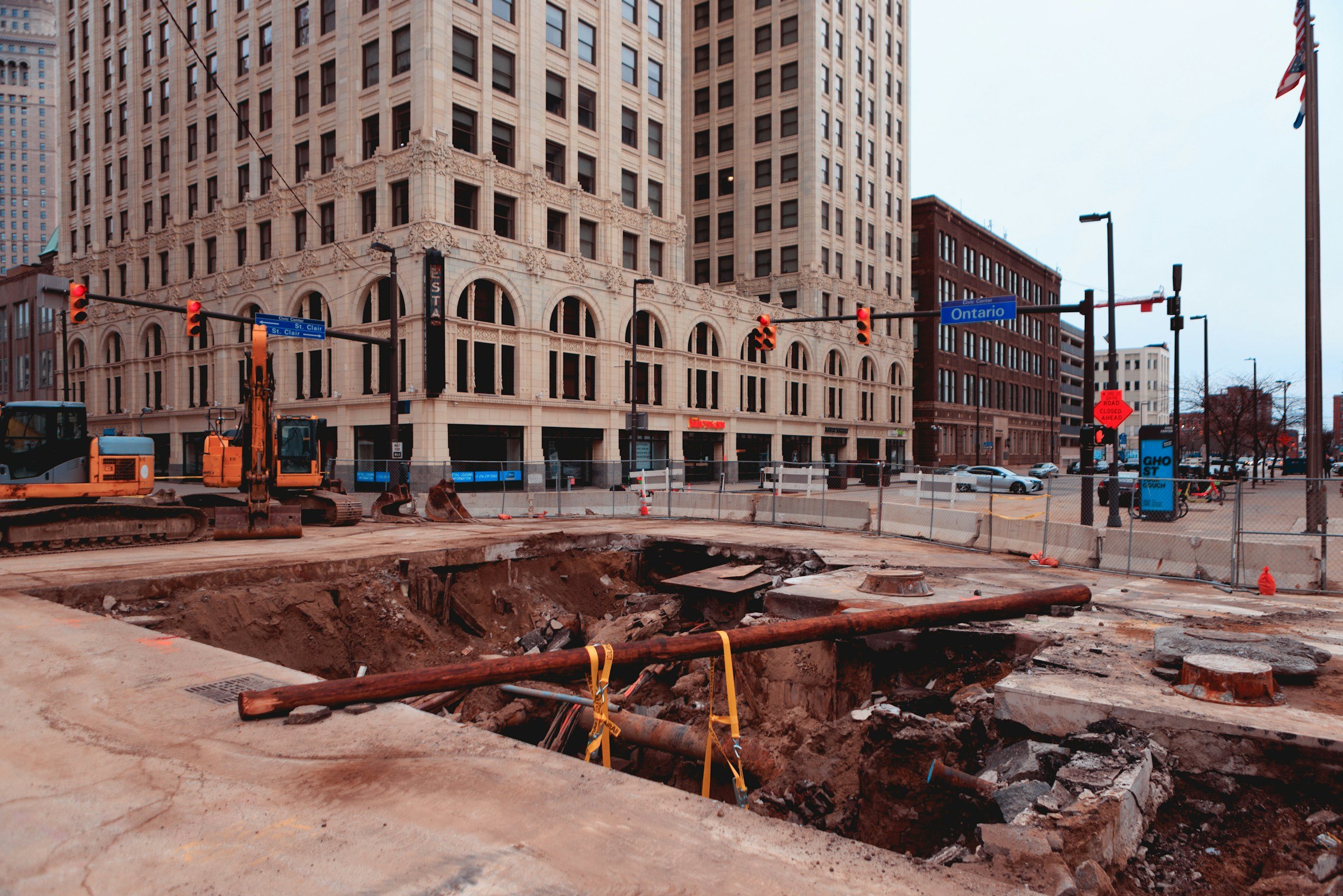Connecting Sewer Systems: Guide for Homeowners and Businesses
Connecting sewer systems can seem daunting, but with the right knowledge, you can better prepare for your project. Whether you’re linking a sewer pipe to a septic tank, connecting to the city sewer, or setting up your RV, this guide covers everything you need to know before hiring a professional construction company.
What You Need to Do Before Hiring a Contractor
Before you engage a construction company, there are essential steps you should take to prepare for your sewer connection project:
1. Research and Gather Information
Understand Your Options: Familiarize yourself with the differences between connecting to a septic system and a city sewer. This will help you discuss options with your contractor.
Know Your Local Regulations: Research local building codes and regulations regarding sewer connections. This will ensure that you’re compliant and aware of any permits needed. Both Idaho and Washington are similar, but each State has their own rules and regulations.
2. Plan Your Project
Define Your Needs: Determine whether you need to connect to a septic tank, city sewer, or RV sewer system. Each option has different requirements and processes.
Select a Location: Identify the most logical location and direct route for connections, whether it’s the nearest city sewer line or your septic tank.
3. Obtain Necessary Permits
Contact Local Authorities: Before any work begins, reach out to your local municipality to find out what permits are required for sewer connections. This is a crucial step that your contractor will also need to handle. Depending on if you are within the city limits of cities like Spokane, Spokane Valley, Liberty Lake, Post Falls, Hayden, and Coeur d’Alene, you may need to contact the local County authorities.
Schedule Inspections: Be aware that inspections may be required at various stages of the project. Make sure you and your contractor are on the same page regarding this.
Steps Your Contractor Will Take
Once you’ve prepared, it’s time for the construction company to step in. Here’s an overview of what they will do during the sewer connection process:
Connecting Sewer Pipe to Septic Tank
Excavate the Trench: The contractor will dig a trench from your house to the septic tank, ensuring it is wide and deep enough for proper drainage.
Lay the Pipe: The sewer pipe will be placed in the trench at a consistent slope to ensure effective drainage.
Connect to the Septic Tank: Your contractor will securely attach the pipe to the septic tank's inlet, ensuring a watertight seal.
Backfill the Trench: Once the connection is made, the contractor will cover the trench with soil and compact it to avoid settling. Be sure to clarify all aspects of the scope of work set out for every contractor on your project
Connecting to the City Sewer
Locate the City Sewer Main: Your contractor will identify where your sewer line will connect to the city main.
Excavate and Lay Pipe: They will dig a trench to the connection point and lay the sewer pipe.
Connect to the Main: The contractor will attach your pipe to the city sewer main following local guidelines.
Inspection and Backfill: After the connection, local authorities will inspect the work before backfilling the trench.
Connecting Your RV to Your Home Sewer System
Install a Sewer Outlet: Your contractor will add a sewer outlet to your home’s sewer line for easy RV access.
Connect the RV Sewer Hose: The contractor will ensure that the RV sewer hose connects securely to both the home outlet and the RV’s waste outlet.
Secure All Connections: They will check that all connections are tight to prevent leaks and odors.
Important Tips for Homeowners
Communicate Openly with Your Contractor: Ensure that you have clear communication with your construction company about your expectations and any concerns.
Verify Quality of Materials: Ask your contractor about the materials they will use for your sewer connection to ensure durability and compliance with regulations.
Prepare for Inspections: Be proactive about scheduling inspections at different stages of the project as required by local authorities.
Understanding the Costs
Be aware that connecting to the sewer system can vary in cost:
Residential Connection Costs: Typically range from $3,000 to $5,000, with potential increases based on landscaping restoration.
Capital Facilities Rate (CFR): Municipalities may charge an additional fee for connecting to the city sewer.
Get Multiple Quotes: Consider obtaining at least three written quotes from licensed contractors to ensure fair pricing.
For specific information about costs and permits, visit the Spokane County website.
By following these guidelines, you can successfully connect sewer systems for various applications. Always prioritize safety, comply with local regulations, and use quality materials to ensure reliable and efficient connections. For professional assistance, don’t hesitate to contact Avey Construction Group, your trusted partner in all things construction.




